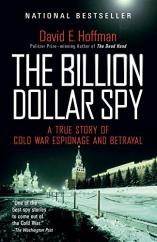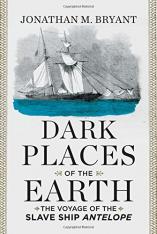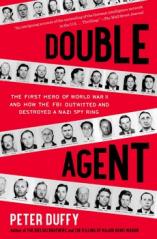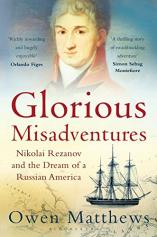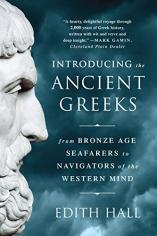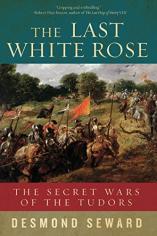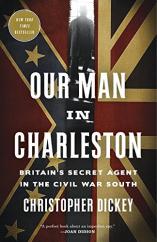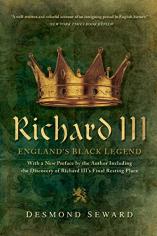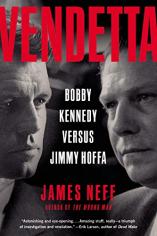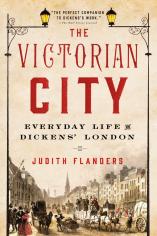July 2015
History Books Roundup: Reliving the Past
July 2015

July's roundup of History titles includes VENDETTA, in which investigative reporter James Neff brings to life the gripping, no-holds-barred clash of two American titans: Robert Kennedy and his nemesis, Jimmy Hoffa; THE ART OF THE CON by Anthony M. Amore, which tells the stories of some of history's most notorious yet untold art scams, while also taking the reader into the investigations that led to the capture of the con men, who oftentimes return back to the world of crime; Jonathan M. Bryant's DARK PLACES OF THE EARTH, a dramatic work of historical detection illuminating one of the most significant --- and long forgotten --- Supreme Court cases in American history; and SICILY, John Julius Norwich's latest book that weaves the turbulent story of Sicily into a spellbinding narrative that places the island at the crossroads of world history.


